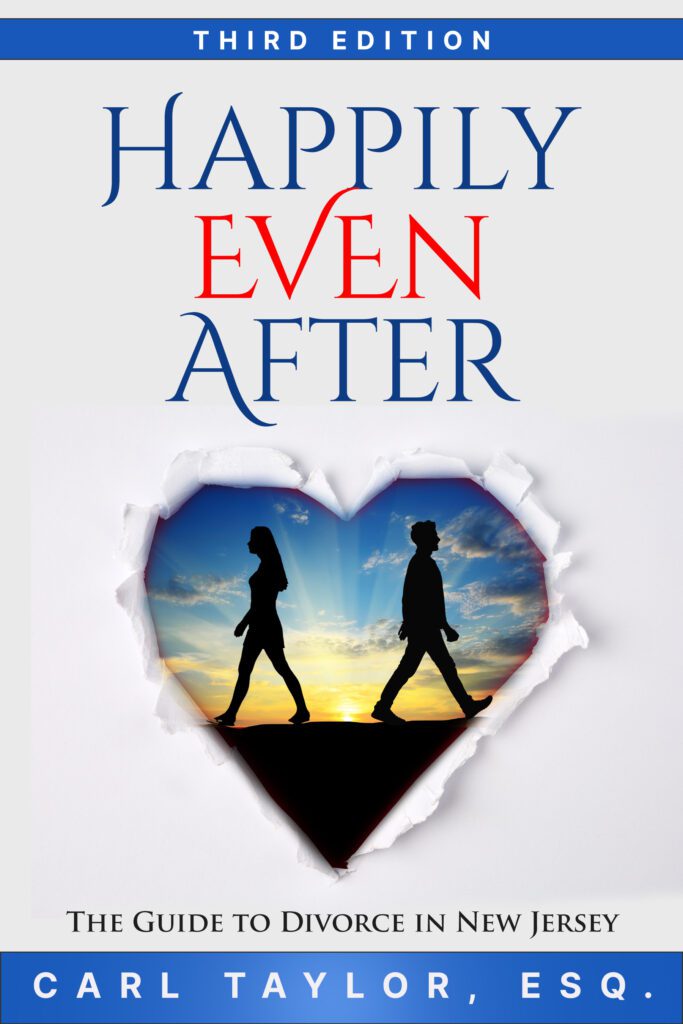
In a New Jersey divorce–particularly one with young children–the following questions may arise:
• Should the children be raised to practice a particular faith or religion?
• If yes, how active should the children be in that religion?
• Should the children attend religious education? If so, what if that interferes with the parenting schedule? For example, in a divorce case where the wife is of Jewish faith and the husband is of Catholic Faith, if the parents agree to raise the child Catholic should the mother be required to take the children to CCD classes during her parenting time?
• Should the parents agree to split the costs for religious education? For instance, in the above example should the mother be required to help pay for her children’s holy communion luncheon or confirmation dinner?
• How often should the children attend religious ceremonies? For instance, should a parent be required to attend church/synagogue/etc., with the children even if they are not of the same faith?
• If the parents agree on raising a child in a specific faith, to what extent do they agree or not regarding parochial/private school in that religion versus public school?
The Role of Courts in Determining New Jersey Divorce Religious Choice Issues
In New Jersey most parties have joint legal custody at the time that they divorce.
This means that both parents are supposed to have a say in determining important issues of education, religion, health, and the like regarding their children.
This can present a unique challenge when a stalemate arises between the parties.
For instance, in the above classic example the Wife in the hypothetical is of Jewish faith and the Husband of Catholic faith. Perhaps the parties have a newborn at the time they divorce–or they have not yet agreed upon the proper faith/religion in which to raise the child. Now that they are divorcing, this may become an important issue for them. Perhaps the Husband is convinced it is in the child’s best interests to be raised in the Catholic faith–like the Husband. And perhaps the Wife is equally convinced it is in the child’s best interest that the child be raised in the Jewish faith–like the Wife.
Assuming the parties cannot work out this issue, it would come before a court at the time of trial? But how would the Court react?
The answer is that there are few issues Court’s abhor deciding more than religion. First Amendment (and other constitutional) issues are at play, judges are loath to make any decision (as it may appear they are preferring one religion to another); and moreover courts recognize that for any type of plan to work it will likely require buy-in by both parents. This is an issue that courts may “punt” entirely.
For instance–they can state that the children shall be raised in both faiths. Or: The Court takes no position on this issue at all. If the parties have a parenting coordinator then perhaps they can assist in such an issue (and mediation may help), but if not, what can be done?
Choice of Religion Guidelines
Some guidelines that parties may wish to consider in such an instance may include:
• How religious (or not) each party is?
• The religious roots for both families;
• The importance of the issue to each party;
• Which parent will be more committed to the responsibilities associated with raising children in their respective faiths;
• Prior to the divorce have certain steps been taken to raise the child (or children) in any specific faith?
• Have other children of the relationship already been baptized/etc., or otherwise been raised in a specific faith?
• To what extent is both parties acting in good faith raising such issues?
• To what extent will the parenting plan allow for the children to be raised in their specific faith. For instance, if there is a language component to a specific religion/faith, how will the parenting schedule allow the children to learn same to meet their religious requirements?
It will ultimately be very much up to the parties in such circumstances to put aside any animosity they may have toward their ex-spouse (or soon to be ex-spouse) and to cooperate in the best interests of the children to make such determinations.

Partner with Carl Taylor, Esq.
Ready to Find Your Happily EVEN After? Call Today at 609-359-3345 to Schedule a Confidential Consult (or click here to self-schedule online) and Receive a Free Copy of the 3rd Edition of my 200+ page book, Happily EVEN After: The Guide to Divorce in New Jersey.
